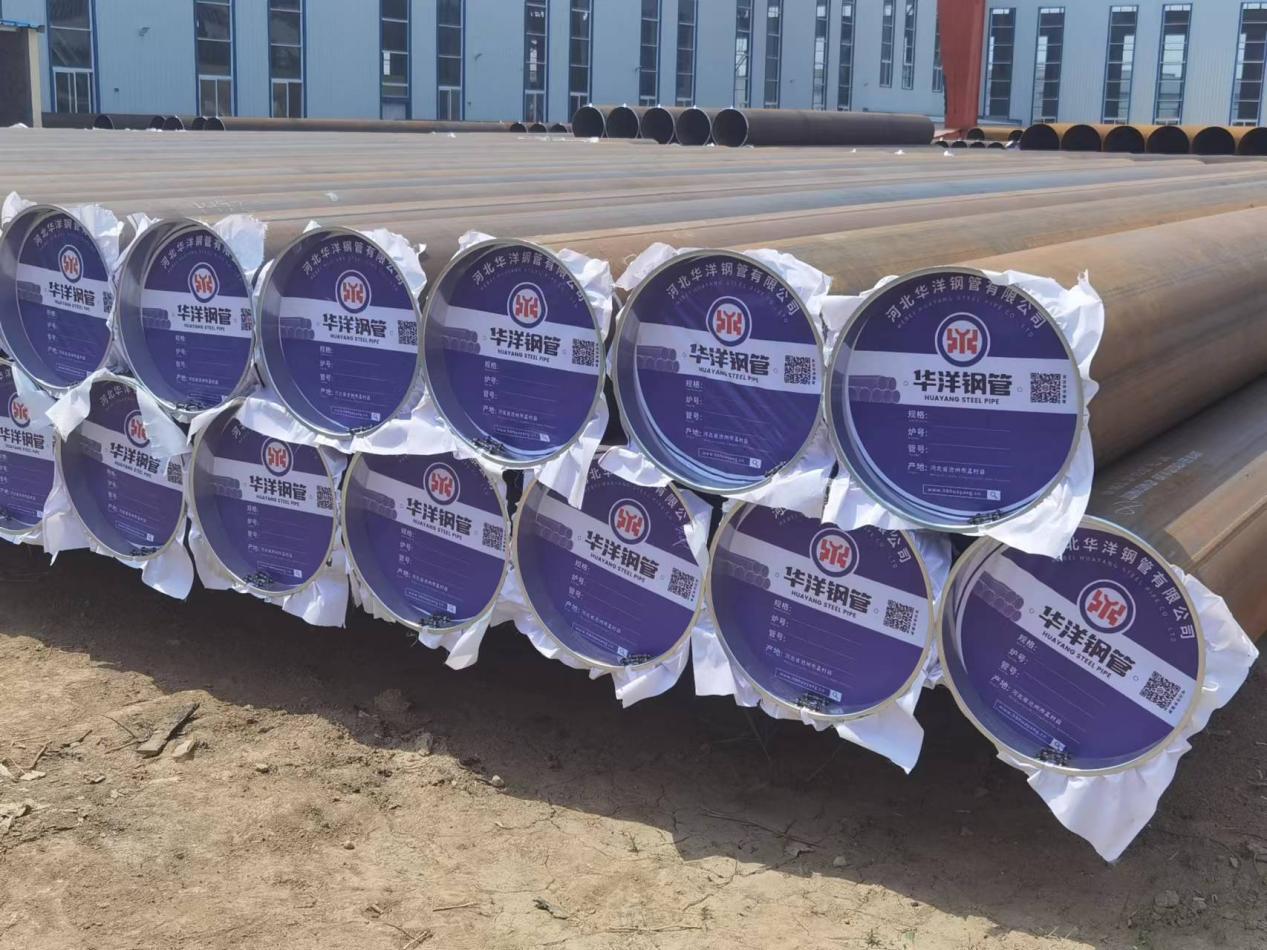Jul . 30, 2024 16:38 Back to list
Top Sources for High-Quality Construction Pipe Suppliers and Their Essential Offerings
Construction Pipe Suppliers Key Players in the Industry
In the construction industry, pipes are essential components that facilitate the flow of water, gas, and other materials critical to completing projects. From residential buildings to commercial infrastructures, the role of construction pipe suppliers cannot be overstated. These suppliers provide a diverse range of products designed to meet the varying needs of construction projects, ensuring compliance with industry standards and regulations.
Types of Pipes Supplied
Construction pipe suppliers offer a broad spectrum of pipe types, each catering to specific applications and materials. Common categories include
1. PVC (Polyvinyl Chloride) Pipes Known for their lightweight nature and corrosion resistance, PVC pipes are primarily used for plumbing and drainage systems. Their versatility and low cost make them a popular choice in residential and commercial settings.
2. CPVC (Chlorinated Polyvinyl Chloride) Pipes Similar to PVC but capable of withstanding higher temperatures, CPVC pipes are commonly used in hot water applications, such as in residential plumbing and industrial processes.
3. HDPE (High-Density Polyethylene) Pipes Renowned for their durability and flexibility, HDPE pipes are often used for water supply lines and in trenchless construction methods. They are particularly valued in environmentally sensitive areas due to their resistance to corrosion and chemicals.
4. Steel Pipes These pipes boast high tensile strength and durability, making them suitable for heavy-duty applications such as gas pipelines and structural frameworks. Various treatments are available to enhance their corrosion resistance, especially in exposed environments.
5. Ductile Iron Pipes Ideal for water distribution systems, these pipes are celebrated for their strength and resilience. Ductile iron is often used in municipalities due to its ability to withstand rigorous conditions.
construction pipe suppliers

The Importance of Quality and Compliance
The construction industry faces stringent regulatory requirements to ensure the safety and integrity of infrastructure. Quality control is a primary concern for construction pipe suppliers. They must adhere to various standards set by organizations such as the American Society for Testing and Materials (ASTM), American National Standards Institute (ANSI), and the International Organization for Standardization (ISO). By maintaining these standards, suppliers ensure their products can withstand the pressures and conditions commonly faced in construction environments.
Suppliers also play a crucial role in educating their customers about the correct type of pipes for specific applications. With an in-depth understanding of materials and industry regulations, they assist construction professionals in making informed decisions, which in turn enhances the safety and efficiency of the overall project.
Trends in the Market
The construction pipe supply industry is evolving in response to growing environmental concerns and technological advancements. There is a marked trend toward the adoption of sustainable materials and practices. Suppliers are increasingly offering eco-friendly options, such as recycled materials and low-impact manufacturing processes. Additionally, the rise of smart technology in construction has led to the development of pipes with integrated sensors for monitoring system performance and leakage detection.
As urbanization continues to rise globally, the demand for efficient water management systems has surged. This creates opportunities for construction pipe suppliers to innovate and expand their product offerings, catering to both residential and commercial markets.
Conclusion
Construction pipe suppliers are integral to the construction industry, providing vital products that ensure the successful completion of projects. Their role extends beyond mere supply; they contribute to safety, efficiency, and compliance through quality assurance and education. As the industry continues to evolve, these suppliers will play an essential part in shaping the future of construction infrastructure, driving innovation in materials and sustainable practices to meet the growing demands of a modern world.
-
High Quality Mild Steel Pipe Manufacturers in China for Exporting Premium Industrial Solutions
NewsAug.01,2024
-
Exploring Key Characteristics of Wholesale API Steel Pipes for Your Business Needs
NewsAug.01,2024
-
Current Wholesale Prices for ERW Steel Pipes in the Market Right Now
NewsAug.01,2024
-
Exploring the Diverse Applications and Benefits of China Round Steel Pipes in Construction and Industry
NewsAug.01,2024
-
Top Quality API 5L ERW Steel Pipe Manufacturer Offering Reliable and Durable Solutions for Your Needs
NewsAug.01,2024
-
Reliable Supplier of Premium Quality Concrete Pipes for Durable Construction Projects
NewsAug.01,2024